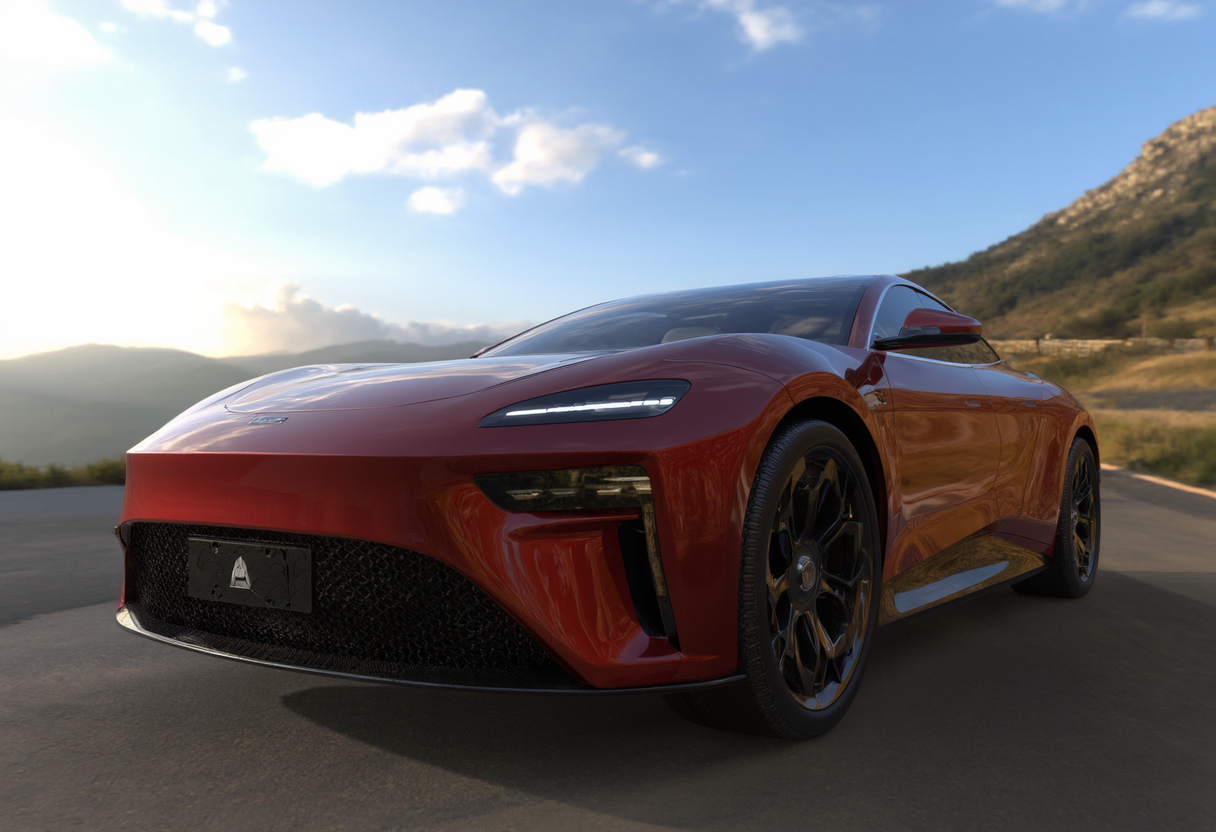The Future of Sports Cars: Are They Worth the Hype?
As we delve into the realm of sports cars, it's vital to evaluate whether the excitement around them is justified. This article explores the latest developments in technology, the evolving expectations of consumers, and how sports cars fit into today’s automotive landscape. Join us in uncovering why these vehicles continue to captivate enthusiasts and influence the automotive market.
The Evolution of Sports Cars
Sports cars have seen remarkable evolution over the decades, transitioning from mere speed machines to sophisticated technological marvels. Today’s models are equipped with cutting-edge engineering, which is essential for enhancing performance and safety. Sports cars now feature turbocharged engines, advanced aerodynamics, and lightweight materials such as carbon fiber, all of which contribute to their impressive speed and agility. However, this transformation begs the question: are sports cars still merely a symbol of status, or have they truly integrated performance with practicality? As we investigate these developments, one cannot ignore how the sports car industry is adapting to new environmental standards and consumer expectations.
Consumer Preferences and Market Demand
In recent years, consumer preferences have shifted dramatically, influencing the sports car market. Buyers are increasingly looking for vehicles that not only deliver superb performance but also offer convenience and efficiency. Sports cars today are beginning to embrace hybrid and electric technologies, showcasing a commitment to sustainability without compromising on the thrill of driving. This adaptation reflects broader societal trends toward environmental responsibility, suggesting that the allure of sports cars is evolving to meet these new demands. The integration of smart technology into sports cars is another area of interest, as manufacturers strive to meet the desires of tech-savvy consumers who seek connectivity and advanced features in their vehicles.
Technological Advancements: Shaping the Future
The sports car segment is at the forefront of technological advancements in the automotive industry. Autonomous driving features, enhanced safety systems, and real-time data analytics are just a few innovations that are redefining what a sports car can be. Moreover, companies like Tesla are leading the charge in electric sports cars, proving that high performance and environmental consciousness can coexist. As manufacturers invest in research and development, the future of sports cars appears not only bright but also filled with exciting possibilities. This innovation is pivotal as it addresses the critical intersection of performance and sustainability, a key concern for today’s discerning consumers.
Luxury and Status: The Sports Car Phenomenon
There’s an undeniable allure to sports cars that transcends their mechanical prowess; they symbolize luxury and status. Owning a sports car can elevate one’s social standing, which plays a significant role in their desirability. Brands such as Ferrari and Lamborghini have capitalized on this perception, turning their vehicles into exclusive icons of wealth and success. The marketing strategies employed by these companies often emphasize the lifestyle associated with owning a sports car, further enhancing their appeal. Yet, it raises a debate on whether the sports car industry can sustain its allure in an era increasingly focused on modesty and practicality.
A Balancing Act: Performance vs. Responsibility
As the sports car industry evolves, a balancing act is necessary to maintain the excitement of performance vehicles while embracing sustainability. Consumers are beginning to demand more efficient choices without sacrificing the thrill of speed. Traditional sports cars face pressure from growing alternatives like electric sports cars, and it will be interesting to see how established brands respond. Furthermore, innovations such as lightweight electric batteries provide exciting opportunities for performance enhancement combined with efficiency. This juxtaposition of expectation and responsibility will likely shape the future of sports cars and determine their long-term viability in an ever-changing automotive landscape.
Conclusion: The Road Ahead for Sports Cars
In conclusion, while the future of sports cars appears promising, it is subject to various influences from changing consumer preferences and technological advancements. The industry must adapt to meet the demands of sustainability while keeping the essence of performance intact. As sports cars continue to innovate and evolve, there will undoubtedly be new challenges and opportunities. Ultimately, whether they remain a coveted dream or evolve into something more practical is a narrative that will unfold over the coming years.
